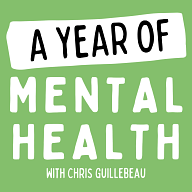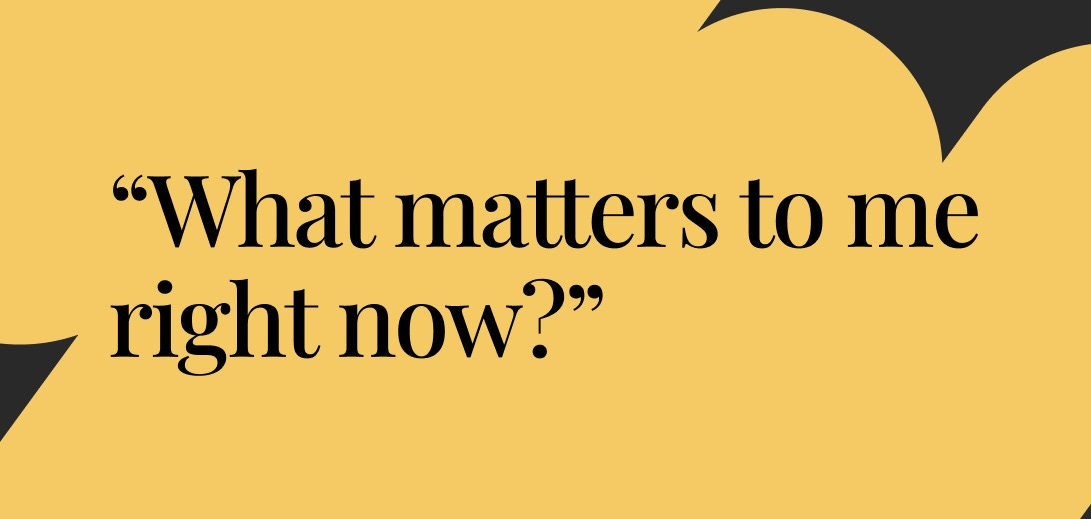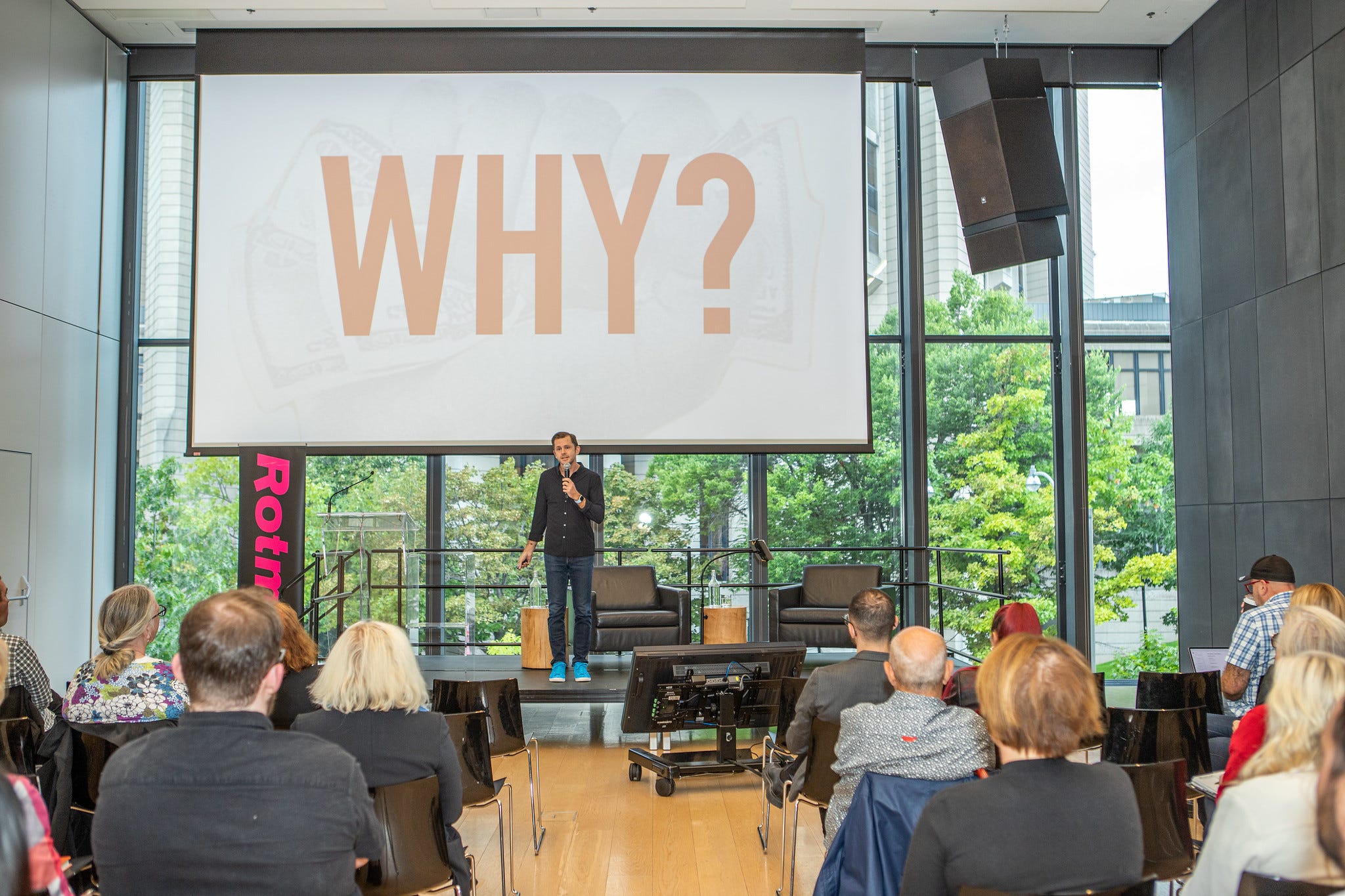Thanks for reading A Year of Mental Health! I’m really excited about the community we’re building here. If you're enjoying it, consider supporting the project by upgrading your subscription. This grants you access to bonus tools and resources, as well as the joy of making the newsletter free to others. 💚 You can also follow me on Instagram, LinkedIn, or check out my books wherever you like to shop. In the midst of a busy day, or when you’re feeling overwhelmed with a bunch of things being thrown at you all at once, pause for a moment. Take a few deep breaths. Then, ask yourself: “What matters to me right now?”Wait until you have a clear answer before moving on to the next thing on your list. In the list of unhelpful advice, I noted that “just prioritize” belongs near the top. Prioritization is hard! It’s like saying “avoid distractions,” when we live in a world of distractions. It also puts a burden on caregivers, as well as anyone else with constraints and limitations that aren’t always of their own choosing. Sometimes, our priorities are chosen for us, whether we like it or not. Nevertheless—we do need some means of prioritization, or at least we’ll be better off if we can find one that works for us. Operating by triage, where we gravitate toward crisis or firefighting, is a great way to wreck your nervous system. Operating by dartboard method, where we simply do whatever we feel like in the moment, won’t help us achieve much in the way of goals. So then, if we want to feel more in control and less overwhelmed—we must find a different operating model. As noted, this year is all about mental health and purposeful productivity. I don’t want to do more just for the sake of doing more—that wasn’t good for me. But I do want to do more of what matters to me. If you like that idea for yourself, the first step is to understand what matters. Just like paying active attention, simply taking inventory of what’s truly important can work wonders. It can serve as a jumpstart for changing up your work (switching gears to do something different), or it can merely be an observation point you take note of. “What matters to me right now?”The simple question is helpful because it’s different from how we tend to respond when we’re feeling overwhelmed. A state of stimulation usually results in questions like these:
Nothing wrong with thinking like that, at least sometimes. But it can also reflect the mindset of rushing, of busywork, and of work that has no end. On the other hand, asking “What matters to me?” may result in an answer that has nothing to do with your list of tasks or project planning. It may also result in an answer that has nothing to do with what other people want from you. When that happens, your answer is leading you in a different direction. Pay attention when this occurs. Maybe you need a break, a different task, or a complete change of direction. Maybe you’ll do something different tomorrow, or the next time you make a decision about how you spend your time. Or, of course, you may not do any of those things. After reflecting on the question, if your answer is “Exactly what I’m doing right now!”—that’s great. Keep doing that. What matters to you right now? You're currently a free subscriber to 🌻 A Year of Mental Health. For the full experience, upgrade your subscription. |
Wednesday, February 28, 2024
“What matters to me right now?”
Subscribe to:
Post Comments (Atom)
Every Investor Should Own the “Stock of the Decade”… but They Shouldn’t Stop There
It has one thing in common with previous big winners… December 22, 2024 Note from Ashley Cassell, Managing E...

-
insidecroydon posted: " Become a Patron! What's on inside Croydon: Click here for the latest events listing...





No comments:
Post a Comment